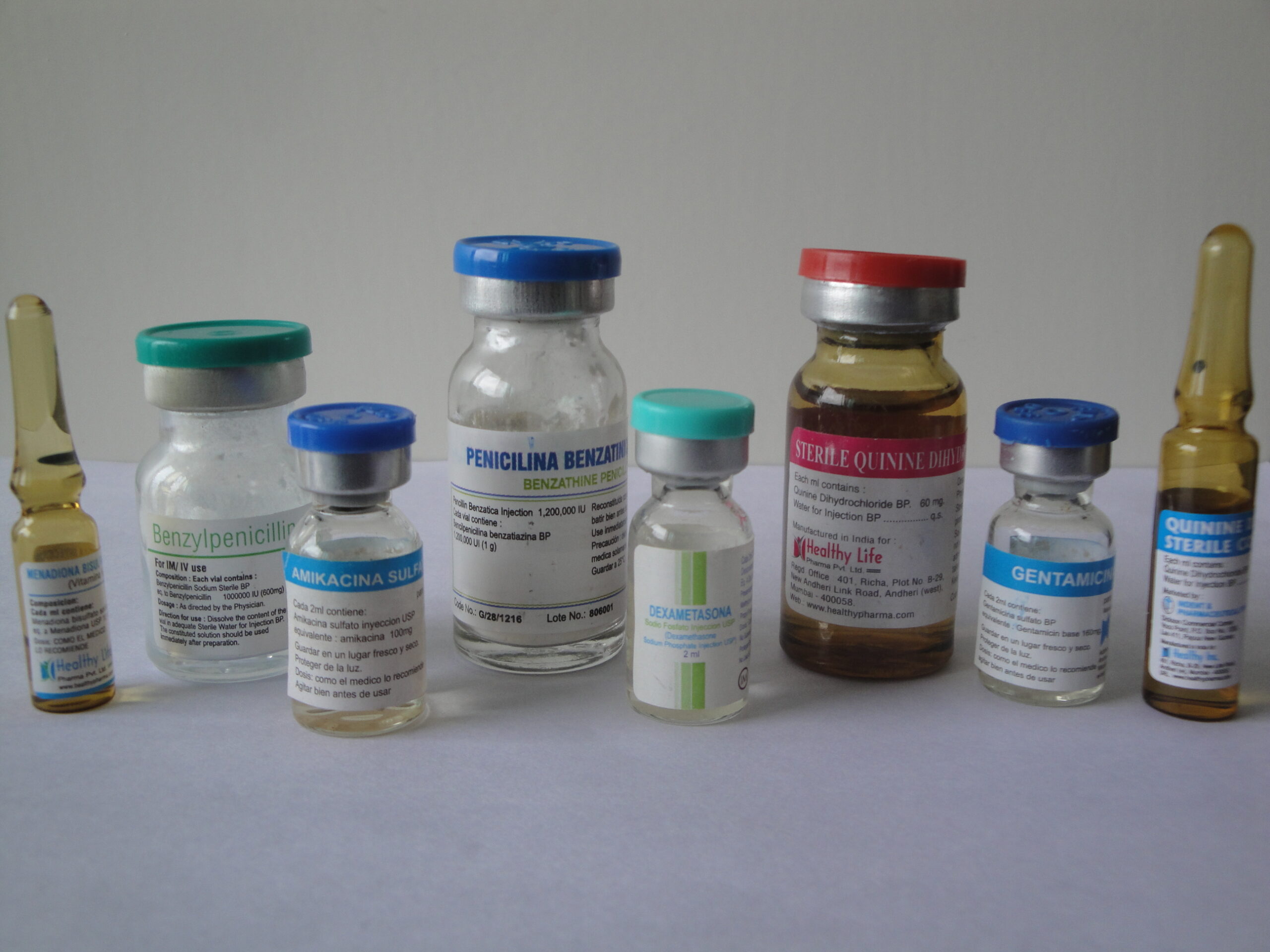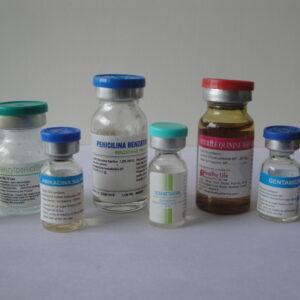Description
Hydrocortisone Sodium injection
hydrocortisone, especially at higher doses, should be under the supervision of a qualified healthcare professional. The decision to use such doses is based on the specific diagnosis, the severity of the condition, and the individual patient’s medical history. Additionally, abrupt discontinuation of high-dose corticosteroids should be avoided, and the dosage should be tapered gradually under medical supervision to prevent adrenal insufficiency.
If you or someone you know is prescribed hydrocortisone injections, it’s essential to follow the healthcare provider’s instructions closely, report any side effects promptly, and attend follow-up appointments to monitor the response to treatment.
Hydrocortisone injections are a form of corticosteroid medication used to treat a variety of medical conditions. Here are some common uses for hydrocortisone 100 mg injections:
Severe Allergic Reactions: In emergency situations, such as anaphylaxis, where a person experiences a severe allergic reaction, hydrocortisone injections may be administered to reduce inflammation and prevent further complications.
Adrenal Insufficiency: Hydrocortisone injections can be used as replacement therapy for individuals with adrenal insufficiency, a condition where the adrenal glands do not produce enough cortisol, a natural steroid hormone.
Inflammatory Disorders: Hydrocortisone injections are often prescribed for conditions characterized by inflammation, such as rheumatoid arthritis, lupus, or inflammatory bowel disease. The injections help to reduce inflammation and alleviate symptoms such as pain, swelling, and stiffness.
Autoimmune Disorders: Conditions like multiple sclerosis or autoimmune hepatitis may be treated with hydrocortisone injections to suppress the immune system’s abnormal response.
Skin Conditions: Hydrocortisone injections can be used to treat severe skin conditions such as severe eczema or psoriasis when other treatments have not been effective. However, injections are usually reserved for cases where topical or oral treatments have failed or are impractical.
Shock: In cases of severe shock, such as septic shock or adrenal crisis, hydrocortisone injections may be given to help stabilize blood pressure and support cardiovascular function.
It’s important to note that hydrocortisone injections are typically administered by healthcare professionals and should only be used under the guidance of a doctor. Dosage and frequency of injections will vary depending on the individual’s condition, severity of symptoms, and response to treatment. Additionally, hydrocortisone injections, like all medications, carry potential risks and side effects, so it’s essential to discuss these with your healthcare provider before starting treatment.
A injection of hydrocortisone is a significant dose, and its usage is typically reserved for specific medical conditions requiring high-dose corticosteroid therapy. It’s important to note that the use of hydrocortisone, especially in injectable form, should be done under the supervision of a qualified healthcare professional. Here are some potential situations where a 100 mg hydrocortisone injection might be used:
Severe Allergic Reactions (Anaphylaxis): In emergency situations where a patient is experiencing a life-threatening allergic reaction, healthcare providers may administer high-dose corticosteroids like hydrocortisone to reduce inflammation and prevent anaphylaxis.
Acute Asthma Exacerbation: In cases of severe asthma attacks that do not respond well to standard treatments, healthcare professionals may use high-dose corticosteroids, including hydrocortisone, to reduce airway inflammation.
Autoimmune Disorders: Certain autoimmune conditions, such as lupus or rheumatoid arthritis, might require high-dose corticosteroid therapy during flare-ups to suppress the immune response and alleviate symptoms.
Adrenal Crisis in Addison’s Disease: Patients with adrenal insufficiency (such as in Addison’s disease) may experience adrenal crises, and high-dose hydrocortisone injections may be used as an emergency treatment to restore cortisol levels.
Severe Inflammatory Conditions: In some cases of severe inflammation, such as certain types of arthritis or inflammatory bowel disease, healthcare providers might prescribe high-dose corticosteroids like hydrocortisone to quickly control inflammation.
It’s important to emphasize that the use of high-dose corticosteroids carries potential risks and side effects. The decision to administer such doses is based on a careful evaluation of the patient’s medical condition, the severity of symptoms, and the potential benefits and risks of the treatment.
If you have been prescribed a 100 mg hydrocortisone injection, it’s crucial to follow your healthcare provider’s instructions, report any side effects or concerns promptly, and attend follow-up appointments to monitor your response to the treatment. Always consult with your healthcare professional for personalized advice based on your specific health situation.




